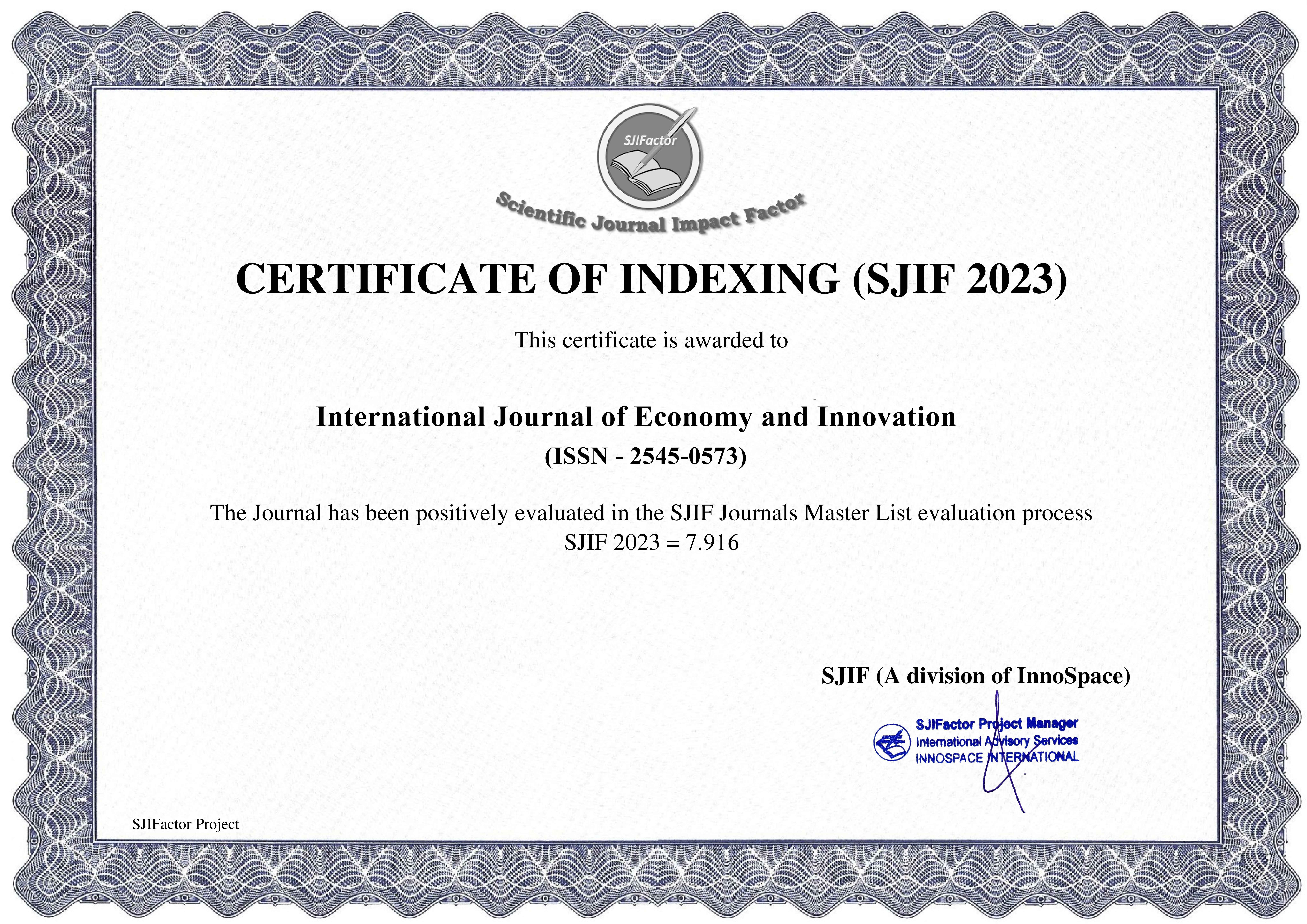THE ROLE OF INNOVATIVE WORK BEHAVIOR AS A PREDICTOR OF INDIVIDUAL PERFORMANCE: A META ANALYSIS
Keywords:
Individual Performance, Innovative Work Behavior, Meta AnalysisAbstract
Individual performance is a key factor in determining the success of an organization in achieving its goals. Innovative work behavior (IWB) is an essential element in enhancing employee performance through the development of creative ideas and innovative solutions. This study aims to analyze the role of IWB as a predictor of individual performance using a meta-analytic approach. Data were obtained from various empirical studies that evaluated the relationship between IWB and individual performance across different industrial and geographical contexts. The analysis results indicate that IWB has a significant positive effect on improving individual performance across various industrial sectors and geographical regions. This effect varies depending on specific industry characteristics and geographical contexts, with the Finance sector showing the highest effect, followed by the Public Service and Health sectors. Additionally, the results show that the Middle East region has the highest estimated effect, followed by South Asia, Africa, and South East Asia. This study highlights the importance of promoting IWB as an effective strategy to enhance individual performance and provides practical recommendations for developing human resource management strategies that support innovation.

















